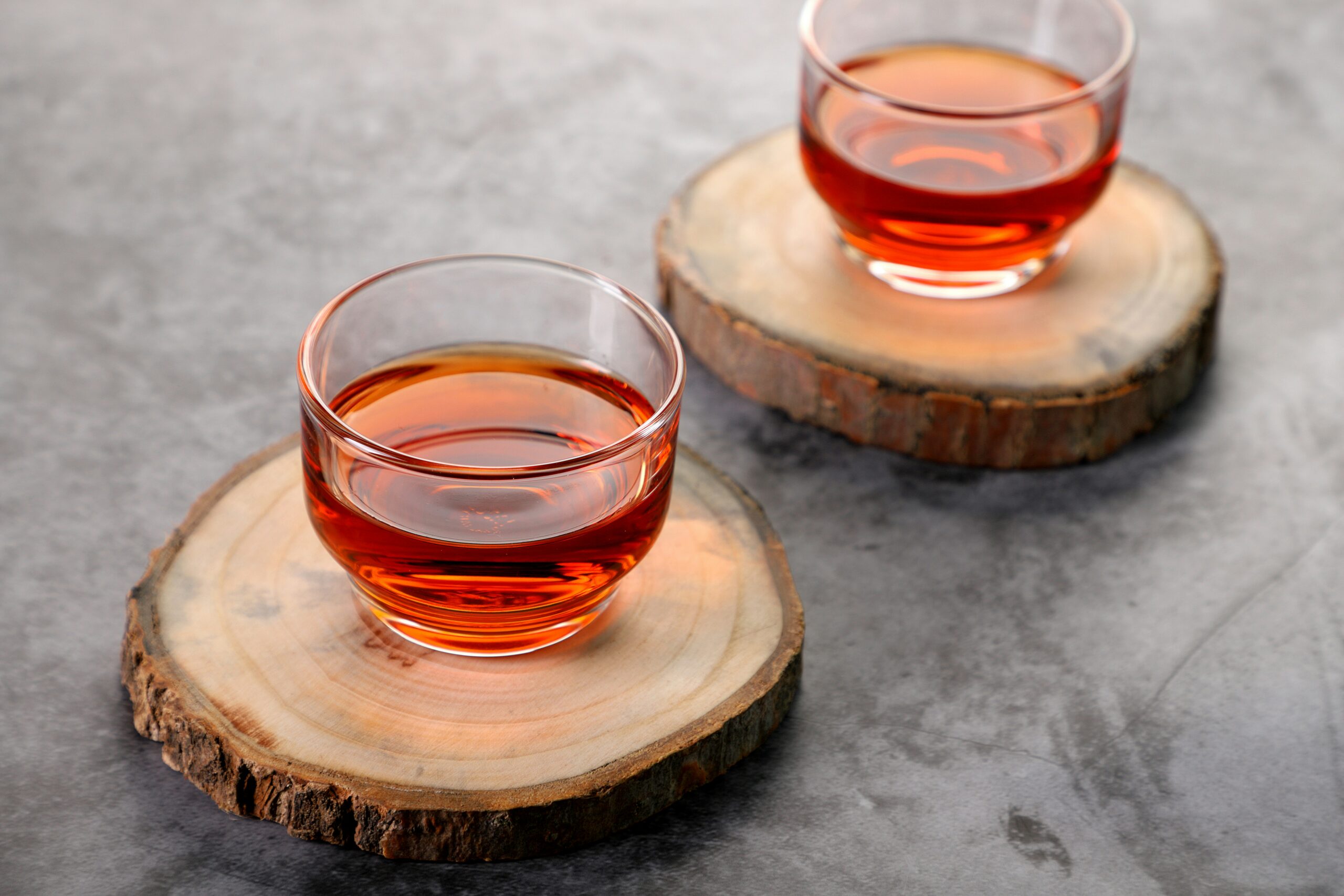When you sip a cup of Ceylon tea, you’re indulging in more than just a warm, comforting beverage – you’re tasting a story that spans centuries, continents, and cultures. At CONLEY, we’re proud to be part of this journey, crafting specialty teas that honor the island’s rich legacy while bringing a modern, luxurious twist to your cup.
The Unexpected Origins of a Global Icon
Sri Lanka, known as Ceylon until 1972, wasn’t always famous for tea. In the early 19th century, it was a booming coffee producing colony under British rule. The cool, misty highlands were seen as ideal for growing coffee, and by the 1860s, plantations stretched across the central hills.
But then came disaster. A devastating fungal disease known as coffee rust swept through the plantations in the 1860s, destroying over 90% of the island’s coffee crops. What appeared to be an economic catastrophe ultimately became a turning point that reshaped the island’s future.
In 1867, a Scottish planter named James Taylor planted the first 19 acres of tea at Loolecondera Estate in Kandy. Taylor, with his innovative spirit, built one of the first tea factories on the island, developed new rolling and drying techniques, and began exporting small batches to London. His success sparked a transformation.
By the late 19th century, Ceylon tea had made its way into European markets and global tea auctions, quickly gaining a reputation for its bright color, brisk flavor, and aromatic complexity. Within a few decades, Sri Lanka had become one of the world’s largest tea exporters – a position it still holds today.

The Magic Behind the Name: What Makes Ceylon Tea So Unique?
Ceylon tea’s distinctiveness lies in Sri Lanka’s rich geographic diversity. The island is home to seven tea growing regions, each producing teas with unique flavor profiles shaped by altitude, climate, and soil. The country’s central and southern highlands, with elevations ranging from 2,000 to 6,000 feet above sea level, offer the perfect conditions for growing tea.
1. Nuwara Eliya
The highest and most renowned region, Nuwara Eliya produces teas that are delicately fragrant with a pale golden hue. Grown in cool, mountainous conditions, these teas are refined and elegant, with floral notes and sought-after grades like Orange Pekoe (OP) and Broken Orange Pekoe (BOP).
2. Dimbula
Situated near Horton Plains, Dimbula’s high elevation and varied microclimates produce mellow teas with a golden-orange liquor. Flavors can include hints of jasmine or cypress, all anchored by the region’s smooth and balanced character.
3. Uva
Exposed to both monsoon winds, Uva teas carry a distinctive, exotic aroma and a smooth, mellow flavor. With a slightly mentholated finish, they’re easily recognizable and were instrumental in popularizing Ceylon tea in global markets.
4. Uda Pussellawa
Neighboring Nuwara Eliya, this region yields teas that are darker and more robust, with a pinkish tint and tangy edge. Cooler months enhance their bouquet with light floral notes, often reminiscent of rose.
5. Kandy
As the birthplace of Sri Lanka’s tea industry, Kandy produces mid-grown teas that are bright, full-bodied, and flavorful. Depending on altitude and exposure, flavors range from brisk and strong to slightly sweet and smooth.
6. Ruhuna
Located in the southern lowlands, Ruhuna teas are known for their bold, dark liquors and full-bodied taste. Fast growing bushes produce long leaves with rich, earthy flavors and occasional spicy or chocolaty notes.
7. Sabaragamuwa
The largest tea producing region, Sabaragamuwa offers low-grown teas with a reddish brown liquor and sweet, caramel like aroma. Softer than Ruhuna teas but equally flavorful, they’re known for their smooth, stylish finish.
This regional diversity is what gives Ceylon tea its global appeal. Whether you like it light and refreshing or strong and robust, there’s a Ceylon tea for every palate.

From Colonial Commodity to National Pride
Tea is more than just an export for Sri Lanka, it’s a cultural and economic lifeline. Today, over 1 million Sri Lankans are employed in the tea industry, from pluckers to packers to tea tasters. The country exports 300 million kilograms of tea annually, reaching more than 100 countries around the world.

CONLEY: Where Tradition Meets Modern Tea Culture
At CONLEY, we draw inspiration from this remarkable legacy. Our mission is to celebrate the artistry of Ceylon tea while reimagining it for the modern world. We specialize in handcrafted teas and limited-edition specialty blends, using only the finest, ethically sourced Ceylon leaves.
Every cup of CONLEY is an invitation to pause, indulge, and connect with a heritage that spans centuries. Whether you’re a lifelong tea lover or just beginning your journey, we’re here to make it unforgettable.


